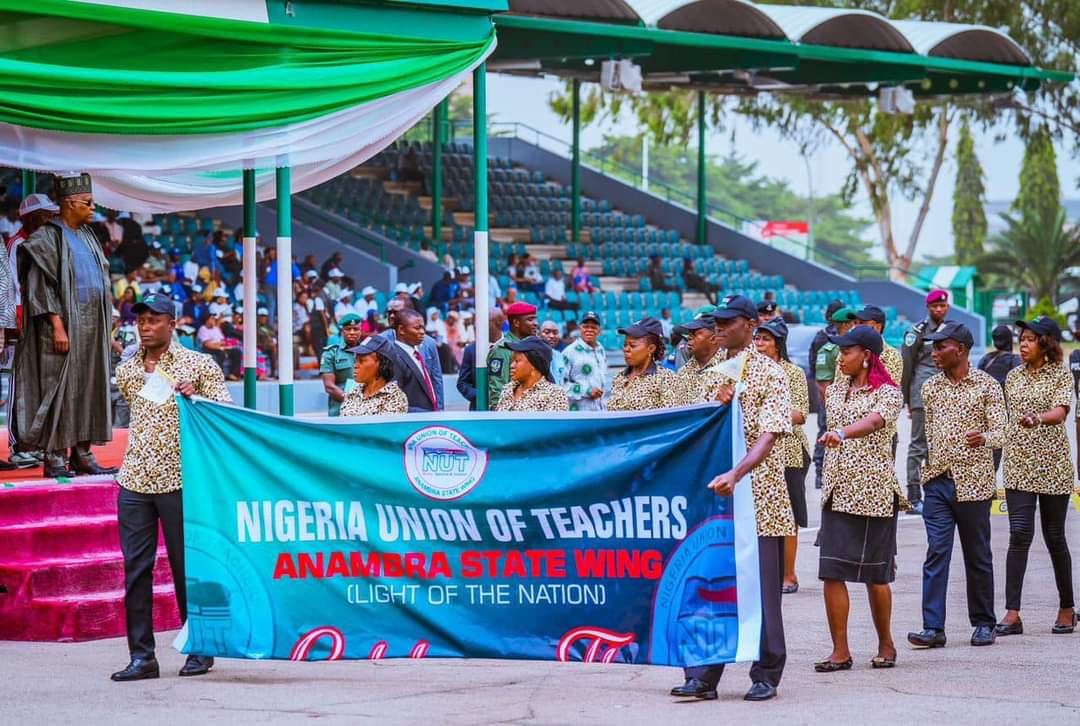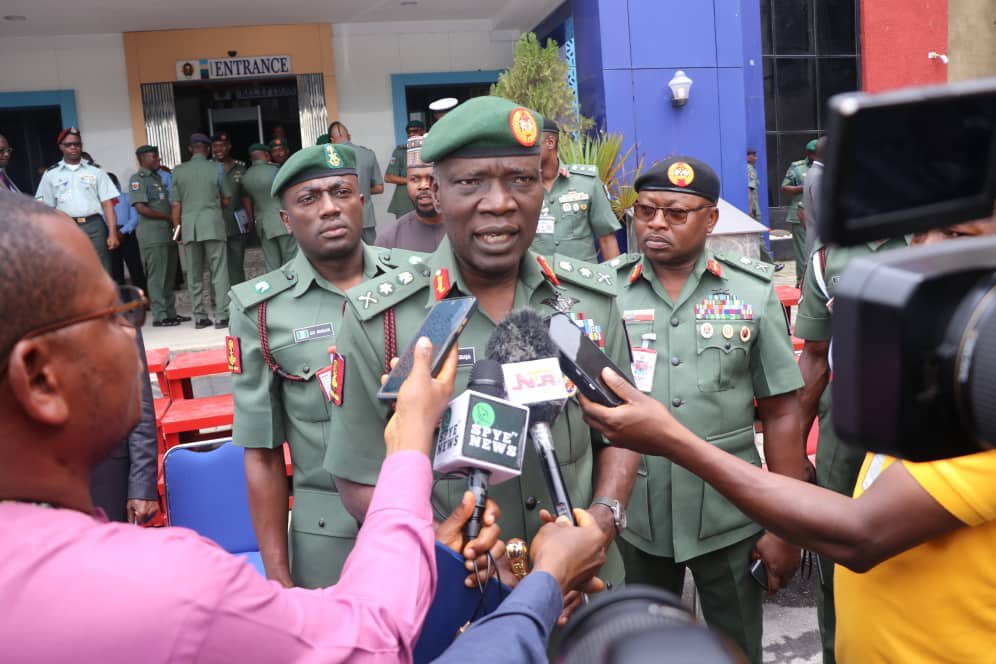…Plan to feed 1000 children in each LGs
Anthony Adgidzi
Arrangements has been concluded by the Nasarawa State Government to commence the second phase distribution of palliatives to indigents and vulnerable persons across communities in the state.
Already, the state government, through the Ministry of Special Duties on Humanitarian, Social Services and NGOs, has began issuing cards to prospective beneficiaries of the palliatives to be distributed on a later date, commencing with Awe Local Government
Princess Margaret Itake Elayo, the Commissioner for Special Duties on Humanitarian, Social Services and NGOs, who led a team from her Ministry to the stakeholders meeting at the Palace of Sarki Awe, where they were briefed on the process and the category of persons to be issued with the cards.
Thereafter, the Commissioner further led an entourage, including the Council Chairman, Usman Umar among others, on a symbolic presentation of the cards to about eight indigents at the Madaki ward (the old Awe town) in Awe local government.
The capturing and collation of data of the aged, was a sample of what the stakeholders are expected to do at their various wards.
The essence is to have the social register intact so that, during the exercise the right people that are deserving will benefit.
During the distribution of the palliatives, which will soon commenced, the state government planned to feed 1000 children, alongside the distribution in each of the local government areas of the state.
The Humanitarian Commissioner, then paid a visit to the chairman, Usman Umar in his office, where she emphasized the need for the stakeholders to strictly adhere to the process of sharing to avoid diversion of the palliatives.
Princess Elayo appealed to the stakeholders to ensure that every citizens of the state captured for the exercise is benefited.
“We are about to start the second phase of the distribution of rice and other incentives, and we felt it necessary to have the right people that will benefit from the distribution.
“The first phase are not to be repeated. The second phase, we are to capture new people, the real vulnerable people, not people that can go out there and work and fend for themselves.
“We want to take care of our aged parents, we want to take care of people we know in our communities cannot afford a day meal,
“It’s going to be 500 of the most vulnerable, 500 of the aged people and citizens who have served our communities for many years. So, is about time we start taking care of our parents and our elderly people.
“It is very important now that we get our social register data on point, because, as you aware, the Federal Government through the Minister of Humanitarian, Dr. Beta Edu, has started the process in making sure that we capture everybody that is vulnerable, especially the aged.
“The essence of gathering the stakeholders is that, we really want to know those people who are deserving to benefit from the palliatives on our next visit, that is why we are here for the mapping out,” Princess Elayo said.











